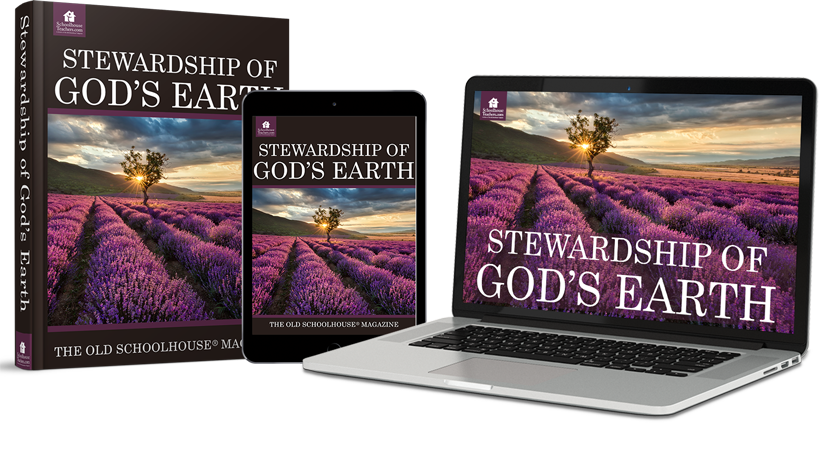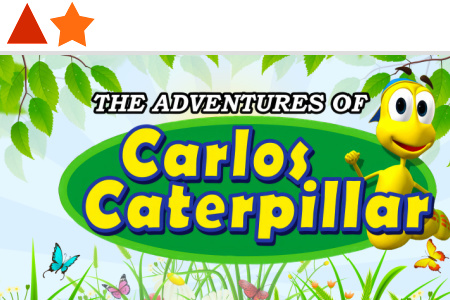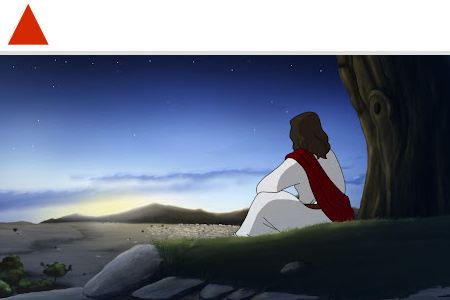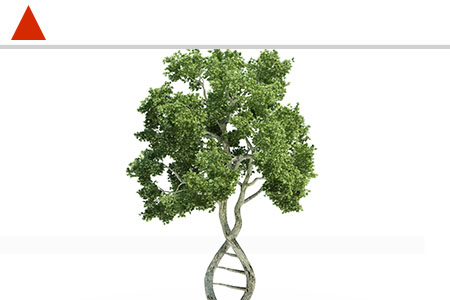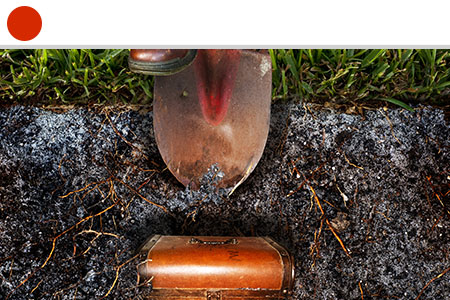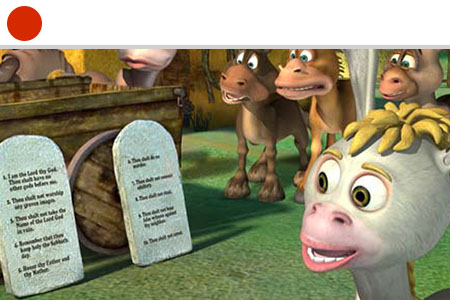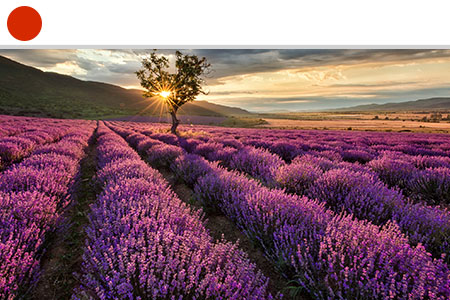Course Sample for Our Christian Stewardship Lesson Unit, Stewardship of God’s Earth
To view a full sample, click here.
Natural Recycling
In nature you see evidence of God’s wonderfully balanced design. Let’s take a look at two things as examples of God’s handiwork.
Compost
Have you ever taken a walk through the woods with your family on a lovely autumn day? Did you hear the crunch of leaves under your feet and notice the sweet smell in the air? In some areas there can be quite a lot of fallen leaves, pine needles, and grass padding the ground. Have you ever pushed aside an area of leaves with your feet to dig down to the hard ground? Did you notice in between the top layer and the bare ground the “stuff” is thick, richly dark, and full of nutrients?
The thick, dark “stuff” (we call it compost) is organic matter—decaying leaves, grass, pine needles, etc.,—which feeds the soil with the nutrients it needs to remain healthy. As the organic matter decays, teeny, tiny living things you cannot see with your eyes called microbes feed on the natural material and help enrich the soil too. And nutrient-rich soil grows healthy plants, trees, grass, and flowers. This whole process takes place naturally, designed by the Creator to nourish the soil.
Did you know we can learn from this process and intentionally compost to help care for our own garden and flowerbeds? Maybe your family already maintains its own compost pile, or maybe you would like to find out more about composting.
Earthworms
Along with a wonderfully designed process to enrich the soil of the earth through natural compost, the Creator designed the most amazing creature to help keep soil healthy—the earthworm. That’s right, earthworms. As an earthworm crawls underground, it breaks up clumps of soil and makes miles of tunnels. These tunnels help soak up water in a downpour and help plants grow deeper roots in the soil. And as an earthworm eats the natural materials in the soil, it deposits castings, which then enrich the soil. Isn’t it remarkable how the Creator designed everything with a purpose? Even earthworms have a purpose in helping maintain healthy soil, which in turn helps keep vegetation healthy.
You can learn from God’s design and purpose for the earthworm and intentionally raise earthworms to benefit the soil in your gardens and flowerbeds. Plus, you could use your natural fruit and vegetable scraps in a purposeful way. You can compost with worms, called vermicompost. (You can learn more about earthworms and vermicomposting in the Bug Science class on SchoolhouseTeachers.com!)
In these two examples, do you see evidence of God’s plan, purpose, balance, and tender care of the earth? What roles do people have in caring for God’s marvelous creation? Let’s investigate that next.


